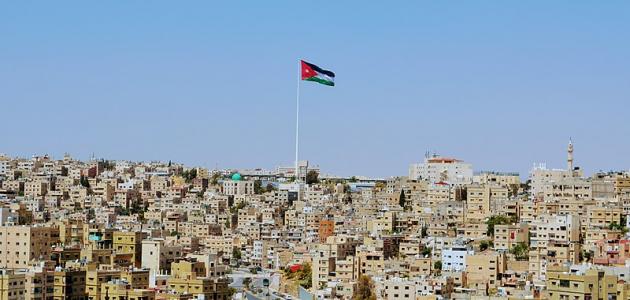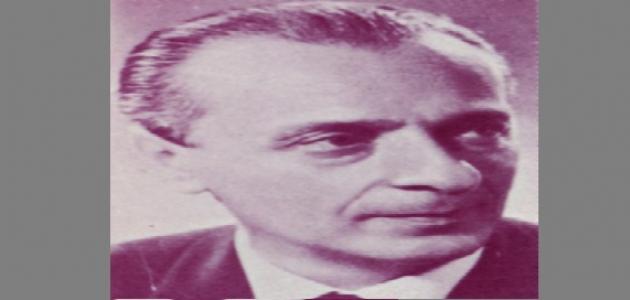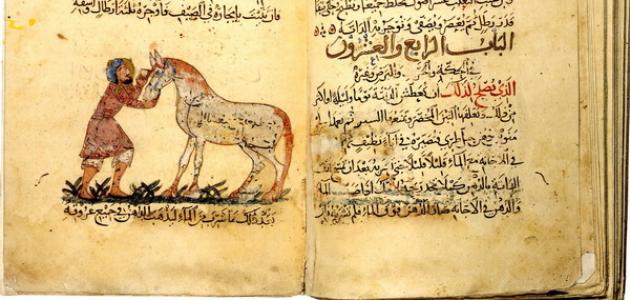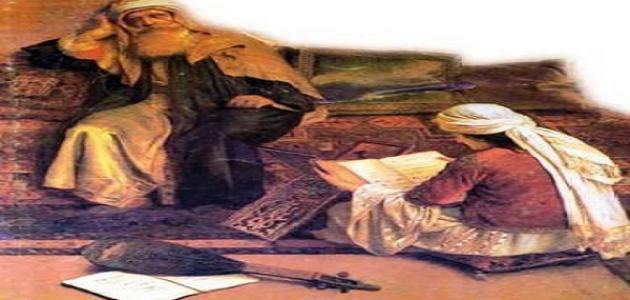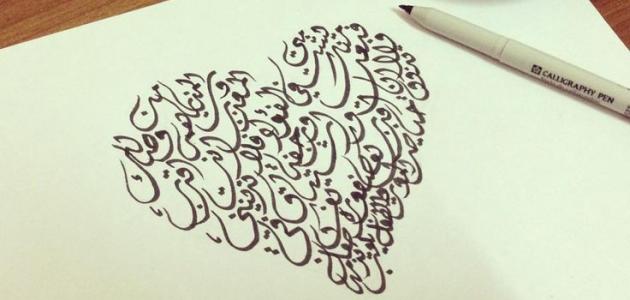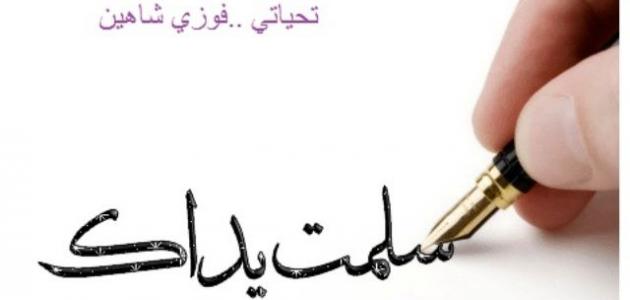free poetry
It is the poetry that consists of one line, without deficiency, with one verb. It is called free because it is liberated from the unity of rhyme and form. The poet has the freedom to diversify the verbs and length, but he is fully committed to the prosody rules. If the poem is organized on a specific sea, all his verses will be on the same sea. .
Free Poetry Themes
Topics of free poetry about public life, such as depicting the problems that people suffer in their society from wars, disease, or hardship, and the poet’s expression of the state he feels, the revolution against the unjust ruler or the negligence on his part towards his people, and describing the falsehood or injustice prevailing in a place.
Free poetry appeared as a result of several factors, the first of which was the destruction and killing caused by the Second World War, and therefore it was necessary for the emergence of poetry that talks about human suffering, and describes human barbarism. The second factor is the affiliation of many poets to political and intellectual currents that created new ideas in their minds. The third factor is Influenced by Western poetry, its romantic and realistic doctrines, and the poets' desire for renewal and revolution against the old.
Characteristics of free poetry
- Khalili meters are used in free poetry, and unified verbs from the beginning of the poem to its end, but the number of activations in the verses is not adhered to.
- Rotation: that is, an incomplete token can be used at the end of the first verse and completed at the beginning of the second verse.
- Organic unity: that is, the organic consistency between the words of the poem, the events, the emotions, and the image, as the music is consistent with the emotions.
- The ease of language in free poetry, and the emergence of colloquial language, so you see its language close to people's understanding and the use of simple synonyms.
- The use of symbols in the poem, which may be difficult to analyze, and creative improvements.
- The coherence of the poem, the interest in the content more than the form, and the reliance on the activation and the internal music between the words.
- Thematic unity from the beginning of the poem to the end.
- Freedom from the restrictions of form and length in the poem, and the poet's expression of his feelings without affectation, or urging carefully selected words to match the rhyme.
- Moving from fantasy, as in ancient poetry, to portraying the truth and talking about real problems and suffering.
- The emergence of surrealism, which is like symbolism, but it is deeper in its content.
Features of free poetry
- Reliance on legend and folklore.
- Revolution against oppression and liberation from underdevelopment, complexity and social restrictions.
- Interest in talking about man, which is the focus of the poem.
Pioneers of free poetry
Nazik Al-Malaikah is considered one of the pioneers of free poetry, and this appeared in the cholera poem that she organized in the style of free poetry. After that, Badr Shaker Al-Sayyab and then Abdel-Wahhab Al-Bayati followed in her footsteps. These poets were born in the same year 1926. The poet Mahmoud Darwish and Nizar Qabbani are considered among the poets of free poetry. .
Read also:What is the meaning of justice
